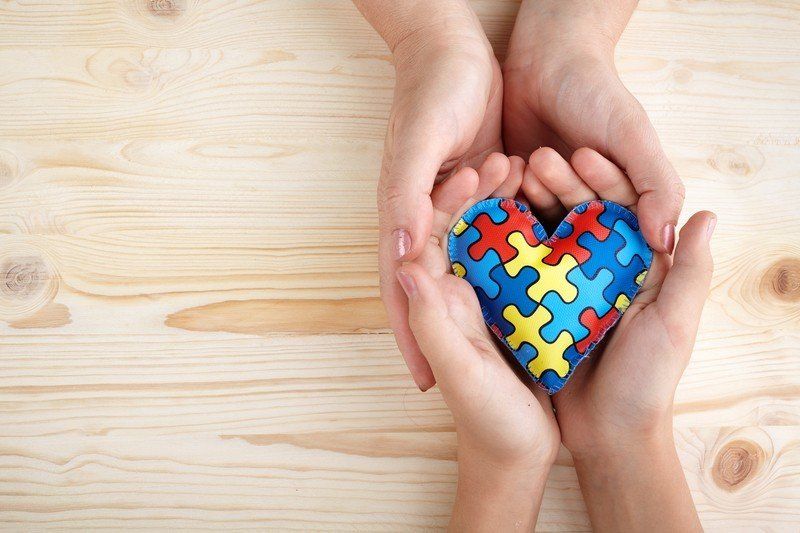So...Your Child Has Been Diagnosed with Autism
As a parent, it can be heartbreaking to hear that your child has been diagnosed with Autism Spectrum Disorder (ASD). It’s also something of a relief, as well — you can finally put a name to all those behaviors you’ve noticed. You have millions of thoughts racing through your mind. How can you help your child? If autism is incurable, can you make any difference in your child's growth and learning? While such a diagnosis can be disappointing, you and your child can still have a nurturing relationship and you can still help your child become the best that they can be.
Only Human
Parenting is a full-time job and is not for the faint of heart. On top of that, if you are the parent of a special needs child, which means that it can be even more exhausting and overwhelming at times. The first thing you need to realize is that you can’t do everything on your own, you don't have to, either. There are a number of programs available to assist parents of children with ASD. Seeking help does not make you weak or selfish. It means you are human. One source of support is respite care. This allows the parent to take time out for themselves while a caregiver steps in to care for your child. It is critical that you care for yourself so that you can be the best parent possible for your child. ADS support groups are also very helpful since they connect you with other families with children with ADS. You can exchange tips and ideas and know that you are not alone in your struggle. Parenting a special needs child can also leave you emotionally exhausted and you may be dealing with depression, anxiety, and stress. During these times, counseling is recommended whether individual, marital, or family.
What Are the Markers of ASD?
According to statistics, one in 66 childrenare diagnosed with ASD and boys are three to four times more likely to be diagnosed with ASD than girls. ASD is identified by two main personality characteristics, a significant lack of social and communication skills and repetitive behaviors. Fixation on tiny details to the point of distraction, frequent tantrums, and even seizures may also occur as well as an aversion to any touch or display of affection. A child is born with ASD; however, the behavioral patterns don't usually surface until the child is unable to keep up with the social and academic demands within their environment.
Insurance Coverage
A serious disability guarantees federal health insurance through Medicare, but there are many different types of insurance plans and additional healthcare coverage may be necessaryif Medicare does not prove sufficient. Many Canadian provinces offer at least some degree of coverage for individuals with ASD and other mental disorders. Furthermore, many advocates are currently lobbying for even more coverage provisions. It is important to do your homework as to what you and your child need and determine the right insurance coverage for you.
Government Resources
Children with ASD and other special needs have access to a wide range of government provisions and numerous Autism Programs throughout Canada, which include free or low-cost medical and psychological evaluations, speech and physical therapy, as well as counseling and many other services. You and your child may also qualify for financial support from various public and private programs. The amount of support will depend on the needs of your child as well as your family's financial condition. In addition, you can gain access to at-home services, certain medical supplies and assistive devices to help your child become more independent.
Treatments for ASD
There is a vast range of treatments available, and it can be difficult to determine the best one for your child. Each child with ASD has a unique set of characteristics, so it is crucial to research the treatments and to understand your child and their needs. Many times, a combination of two or more treatments work the best. Every kind of ASD therapy will incorporate the importance of a routine. Routines are vital to children with ASD. In addition, behavioral, speech, nutritional and occupational therapy aim to help improve the lives of children with ASD.
Raising a child with autism or any type of development disorder can be a daunting task but you do not have to go it alone. Your child can access the best care suited for them and you can also get the crucial support you need to be your best self. Help is out there — educate yourself on the type of help you and your precious child needs.
If you are struggling, reach out to us about family therapy.


